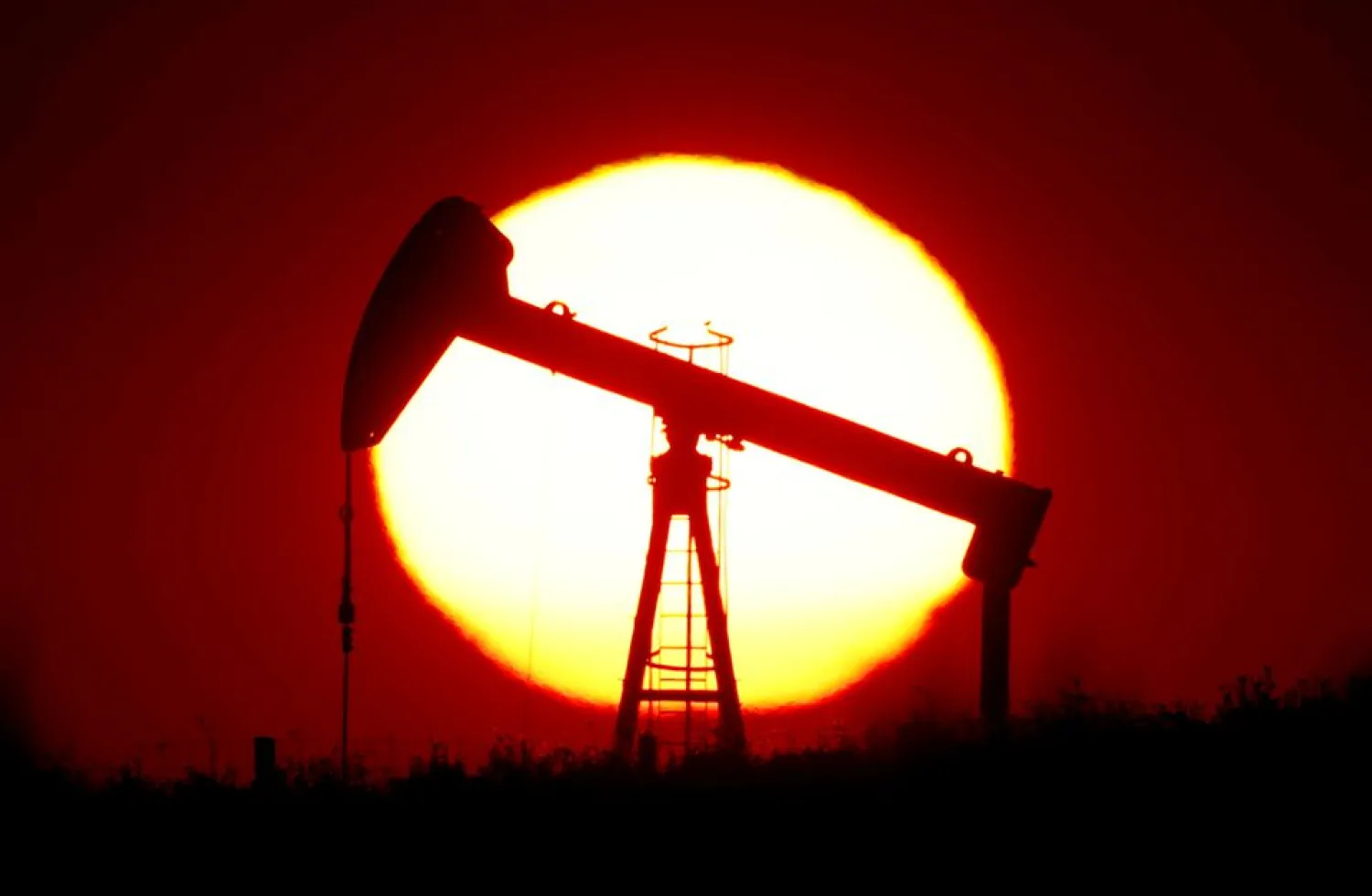Oil prices extended gains on Thursday, riding higher on growing fuel demand and a bigger-than-expected draw in US crude inventories as production remains hampered in the Gulf of Mexico after two hurricanes.
The market was also supported by a return of appetite for risk assets as concerns eased over a potential default by property developer China Evergrande and its possible fallout on the world's second-largest economy, Reuters reported.
US West Texas Intermediate (WTI) crude rose 17 cents, or 0.2%, to $72.40 a barrel by 0645 GMT, while Brent crude rose 18 cents, or 0.2%, to $76.37 a barrel.
Both contracts jumped 2.5% on Wednesday after data from the US Energy Information Administration showed US crude stocks fell by 3.5 million barrels to 414 million barrels in the week to Sept. 17 - the lowest total since October 2018 - in a bigger drawdown than analysts had expected.
"With Gulf of Mexico production returning slowly, and natural gas prices remaining sky high, the structural outlook for oil remains promising as OPEC+ struggles to meet even its current production quotas," said Jeffrey Halley, analyst at brokerage OANDA.
Several OPEC+ countries - including Nigeria, Angola and Kazakhstan - have struggled in recent months to raise output due to years of under-investment or maintenance work delayed by the COVID-19 pandemic.
In a sign of strong fuel demand as travel bans ease, East Coast refinery utilization rates in the United States rose to 93%, the highest since May 2019, EIA data showed.
ANZ Research said market sentiment is also being supported by surging natural gas prices.
"Supply shortage of gas could encourage power utilities to shift from gas to oil if winter turns out to be colder this year," ANZ analysts said in a note.
Natural gas prices have risen sharply around the globe in recent months. That has been due to a combination of factors, including increased demand particularly from Asia as it enters its post-pandemic recovery, low gas inventories, and tighter-than-usual gas supplies from Russia.
The rise in oil prices came even as the US dollar held near a one-month high after the US Federal Reserve signaled rate hikes could come next year, more quickly than expected.
Oil prices typically fall when the dollar rises as a stronger greenback makes oil more expensive for holders of other currencies.









